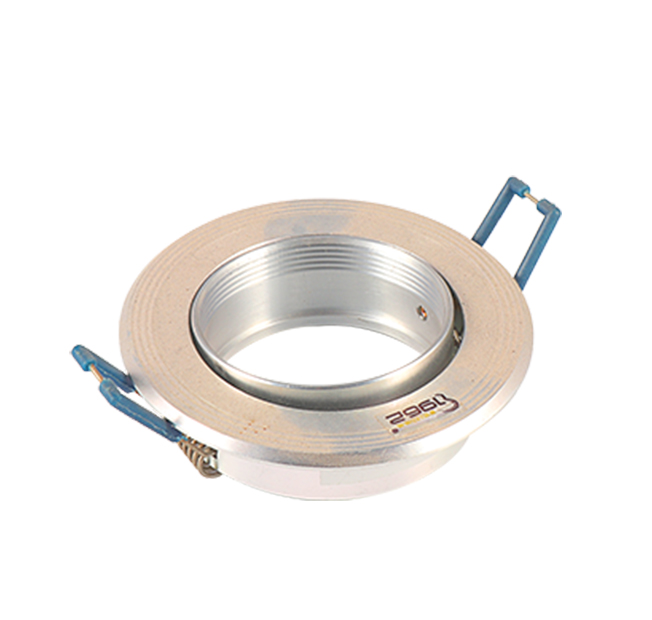Time:2025-06-07 Views:0 source:CNC Machining customization source:CNC Machining news

The sheet metal processing industry is experiencing significant transformations driven by technological advancements, changing market demands, and global economic factors. One of the most prominent trends is the increasing demand for lightweight and high - strength sheet metal products. In industries such as automotive, aerospace, and electronics, there is a growing need to reduce the weight of components while maintaining or enhancing their structural integrity. This has led to the adoption of new materials, such as high - strength aluminum alloys, magnesium alloys, and advanced high - strength steels. Manufacturers are also exploring innovative forming techniques, like hydroforming and laser forming, to shape these materials into complex geometries required by modern product designs.
Another key trend is the integration of digital technologies. The Internet of Things (IoT), artificial intelligence (AI), and big data analytics are being increasingly applied in sheet metal processing. IoT sensors installed on processing equipment can collect real - time data on parameters such as temperature, pressure, and vibration. AI algorithms analyze this data to predict equipment failures, optimize production schedules, and improve overall efficiency. For example, AI - powered quality control systems can detect defects in sheet metal products in real - time, reducing the occurrence of waste and rework.
The trend towards customization is also reshaping the industry. With consumers demanding more personalized products, sheet metal processing companies are required to be more flexible in production. Small - batch and customized production is becoming more common, and manufacturers are investing in flexible manufacturing systems and rapid prototyping technologies. 3D printing, for instance, is being used to create prototypes quickly, allowing for faster design iterations and more efficient product development.
Sustainability is emerging as a major trend as well. There is a growing emphasis on environmentally friendly manufacturing processes in the sheet metal processing industry. This includes energy - efficient equipment, waste reduction strategies, and the use of recycled materials. Companies are also focusing on reducing their carbon footprint by optimizing production processes and adopting renewable energy sources, responding to the increasing environmental awareness among consumers and regulatory requirements.
Read recommendations:
Sealing ring Precision electronic parts
Housing components for recessed downlights Precision electronic parts
Oval Magnetic Hardware Precision electronic parts